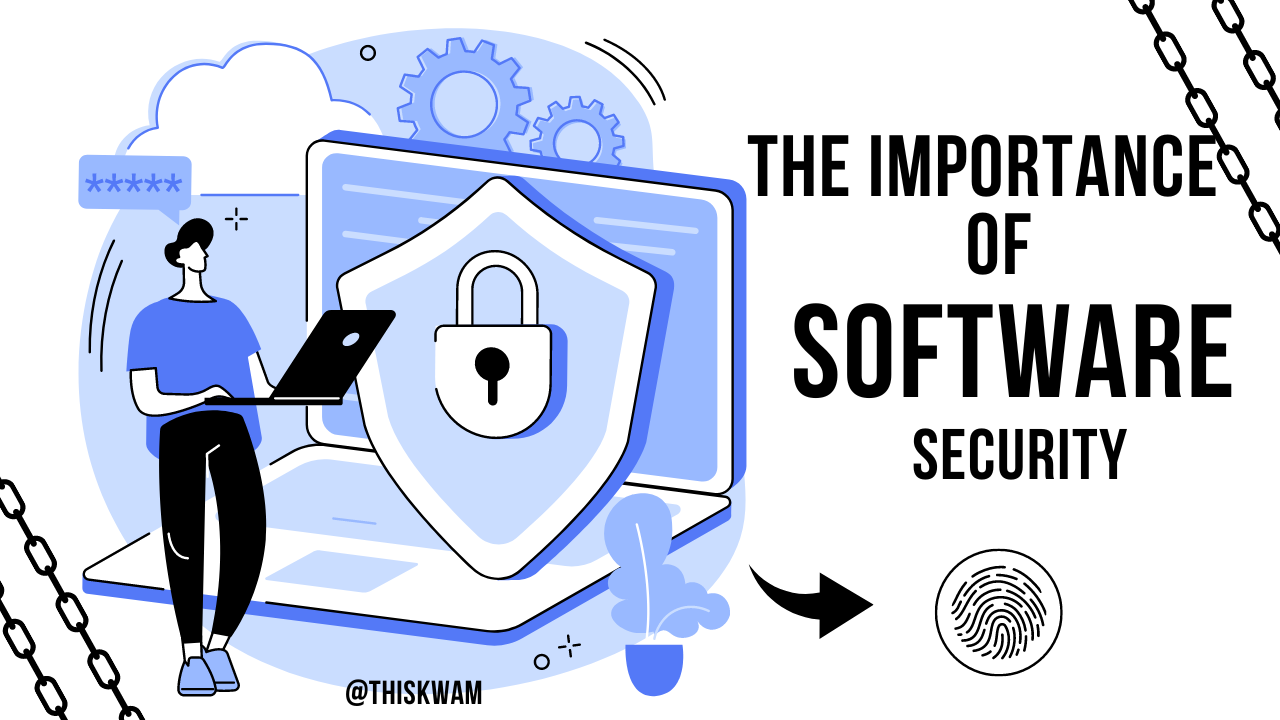The Importance of Security for Software Developers: Navigating Challenges
 Kwamdeen Ayinla
Kwamdeen Ayinla
In the digital world, software security is paramount. Developers play a crucial role in safeguarding digital assets, user data, and organizational integrity. This article will highlight why security matters and the challenges faced.
1. Why Is Security Vital?
1. Data Breaches
Organizations worldwide suffer data breaches, compromising sensitive information. Cyber attacks have become a menace to the society. Yearly, key companies in all sectors are attacked. Secure software helps prevent such incidents.
2. User Trust
Secure applications build trust with users, ensuring their privacy and protecting their data. This can enhance customer trust, satisfaction and build organizations globally.
3. Legal and Regulatory Compliance
Compliance with data protection laws like GDPR laws is essential for avoiding penalties.
2. Challenges Faced by Developers
a. Complexity:
Modern applications are complex, with numerous components and dependencies. Ensuring security across these applications with its complexity is challenging.
Solution: The solution is to break down tasks, focus on specific areas, and collaborate with security experts.
b. Threat Landscape:
Threats evolve rapidly: malware, phishing, ransomware, and zero-day vulnerabilities. Daily, cybercriminals look for ways to attack apps and software with vulnerabilities.
Solution: The solution is to stay informed, update libraries, and adopt security best practices. Also, regular checks should be done for vulnerabilities and attacks.
c. Lack of Awareness:
Many developers lack security knowledge. This ignorance leads to vulnerabilities.
Solution: The solution is for developers to learn continuously. Also, organizations can coordinate workshops, and security-focused training for developers.
d. Time Constraints:
Tight deadlines developers experience to release updates often prioritize functionality over security.
Solution: Organizations, developers should integrate security early (shift left). In the team, there should be a security expert to automate checks, and allocate time for security reviews.
e. Legacy Code:
Existing systems may have outdated, vulnerable code.
Solution: It is essential to regularly assess legacy code, refactor, and apply security patches.
f. Third-Party Dependencies:
Developers regularly use third-party apps and dependencies. This reliance on external libraries introduces risks.
- Solution: Dependencies and vulnerabilities for third-party software should be checked frequently, and kept up to date.
3. Strategies for Robust Development
Secure Coding Practices: Follow OWASP guidelines, validate inputs, sanitize data, and avoid hardcoded secrets.
Threat Modeling: Identify potential threats early in the design phase.
Automated Security Testing: Use tools like SAST (Static Application Security Testing) and DAST (Dynamic Application Security Testing).
Collaboration: Engage with security experts, conduct code reviews, and learn from peers.
Secure Deployment: Implement secure deployment pipelines (CI/CD) with proper access controls.
Education and Awareness: Promote security culture within development teams.
Conclusion
Software Security is extremely important in this digital phase of the world. Practice these solutions to increase the effectiveness of the software team.
Subscribe to my newsletter
Read articles from Kwamdeen Ayinla directly inside your inbox. Subscribe to the newsletter, and don't miss out.
Written by
